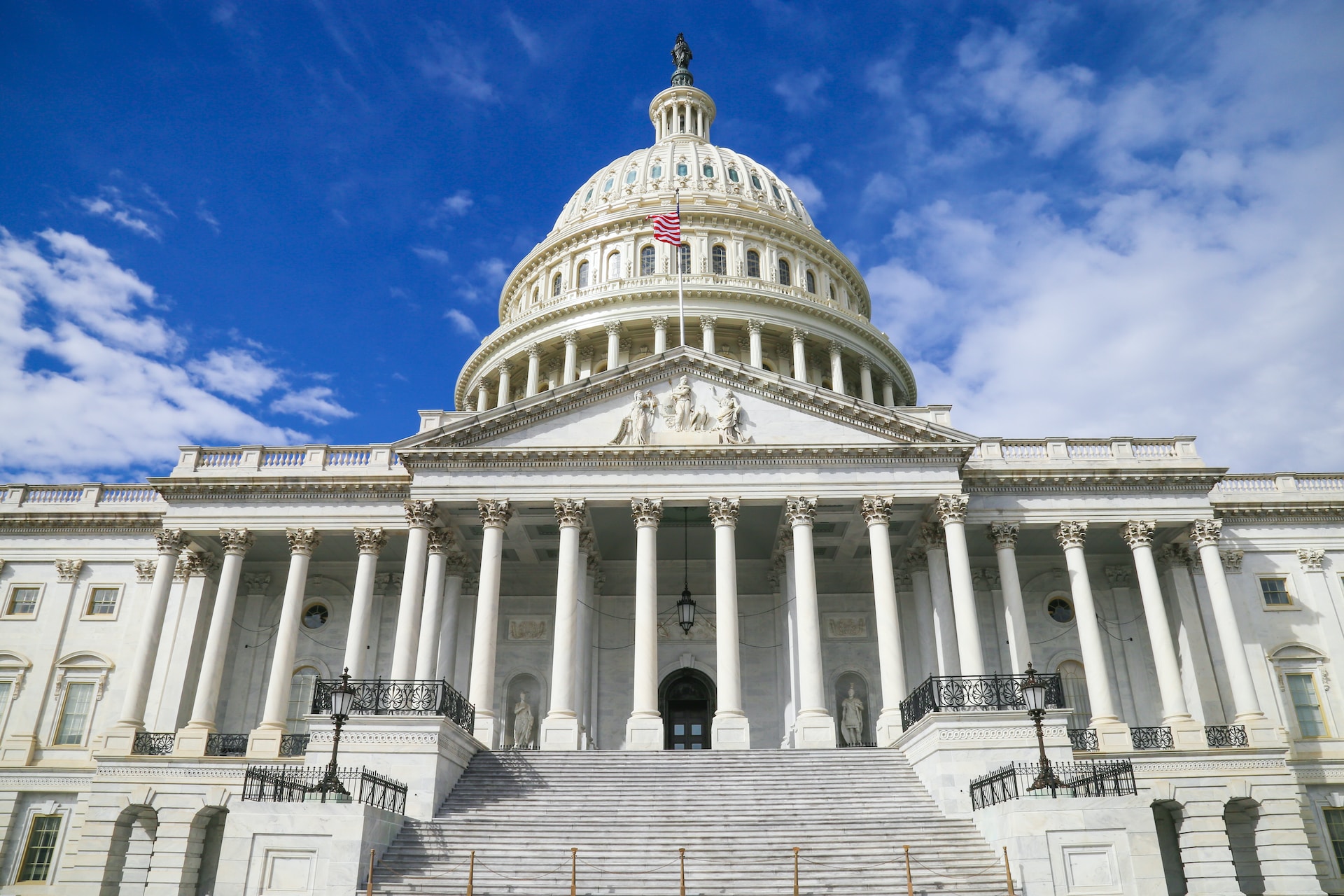In a momentous move, the US House Financial Services Committee has taken a significant step forward in establishing a federal regulatory framework for stablecoins despite the fears of Elon Musk creating his own. The proposed bill, known as the “Clarity for Payments Stablecoin” bill, has been the subject of intense debate and scrutiny.
After an arduous 13-hour markup, the bill was advanced, making it the second major piece of crypto legislation to pass the Committee this week. Remarking on the bipartisan support, FOX Business journalist Eleanor Terrett tweeted, “The Clarity for Payments Stablecoin bill has passed the Financial Committee with a 34-19 vote… The bill received support from 5 Democrats.”
The bill received support from these five Democrats: Rep. Himes, Rep. Gottheimer, Rep. Meeks (D-NY), Rep. Torres and Rep. Nickel. Meeks is new from yesterday’s broader crypto bill.
The bill has long been in limbo. Rep. Maxine Waters, the lead Democrat on the committee, urged opposition to the bill, saying it had “significant flaws,” including a loophole that would allow commercial companies like Elon Musk’s Twitter X to create their own money.
Musk recently rebranded Twitter X in an effort to turn it into an “everything app” that includes payments. Also, it has long been rumored that a Twitter Coin (perhaps “X Coin”) is in the pipeline.
For a long time, it didn’t look like Democrats led by Waters and Republicans led by Rep. Patrick McHenry, the committee’s chairman, could come to an agreement. Despite an orchestrated rejection, however, Republicans were able to convince at least some Democrats.
Fear Of A Stablecoin Created By Elon Musk
Remarkably, concerns were voiced by lawmakers from both sides of the aisle about stablecoins created by big tech companies like Elon Musk’s Twitter X. Waters remarked that the bill has “’major flaws,” including a loophole that would allow commercial companies to issue their own money.”
She specifically raised the alarm about Elon Musk’s Twitter X Coin potentially establishing itself as a global payments provider via the issuance of a stablecoin, a scenario she called “a frightening proposition.”
Republicans also weighed in on their concerns about potential tech giant involvement. Representative Ralph Norman of South Carolina asserted, “This means that the large tech companies like Facebook, like retail companies like Amazon, could become a stablecoin issuer and further dominate our lives.”
He further highlighted the ongoing efforts to hold Meta CEO Mark Zuckerberg in contempt of Congress for alleged censorship, juxtaposing it with the potential influence of such companies in the unregulated stablecoin marketplace.
The White House’s recommendations in a 2021 report added another layer to the debate, with a preference for a law that restricts stablecoin issuance to federally regulated banks. The report aimed to address concerns about economic power concentration and systemic risks. However, the fact that the bill made it through the committee despite these fears is another major win for the US crypto industry which is craving for a regulatory framework.
At press time, the total crypto market cap remained its sideways trend, currently standing at $1.142 trillion.
Featured image from Louis Velazquez / Unsplash, chart from TradingView.com
Credit: Source link















































